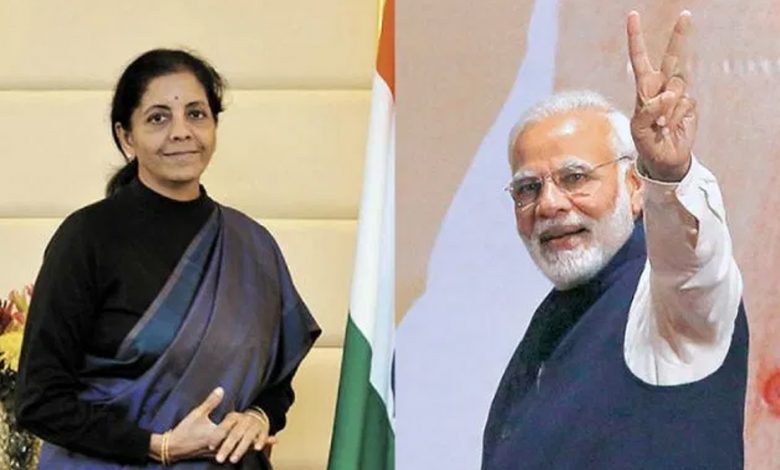In order to give a fillip to foreign investment and end the impact of controversial retrospective taxation introduced by the UPA government in 2012. The Taxation Laws (Amendment) Bill, introduced by Finance Minister Nirmala Sithraman in the parliament yesterday, nullifies the law introduced by the UPA government that significantly impacted the investment environment in India.
Now the cases like Carin energy, Vodafone, and WNS Capital can be resolved easily if these entities withdraw the cases from international courts and come to the Indian government for settlement. The government asserted that winning cases in international courts means nothing, and the ruling in France to attach Indian government assets would have no impact, given the fact that they enjoy sovereign immunity.
So, basically, the Modi government does not give two hoots about the ruling of the International Court of Justice, but it is willing to resolve the cases and return the money if these companies come to India and resolve the cases under the Indian jurisdiction. “We are not conceding that we are obliged to pay under the arbitral award of either The Hague or the Singapore tribunal. We continue to assert that we do not accept the legal obligation to pay under those arbitral awards. As a matter of policy, we are doing it through Parliament, under Indian laws,” said Finance Secretary T V Somanathan, in an interview with Business Standard.
“The total amount involved for all is around Rs 8,100 crore, of which Cairn Energy’s is around Rs 7,900 crore. For Vodafone, it is Rs 45 crore; there is WNS Capital, which is around Rs 48 crore,” he added.
The newly introduced bill would greatly enhance the environment for foreign direct investment in India, which is already one of the largest recipients of FDI with 64 billion dollars in 2022.
Investors seek a predictable tax regime, and the power of a government to retrospectively tax earnings of a foreign company is a great worry for any investing entity. Retrospective taxation was introduced in 2012 by the UPA government and it harmed India’s position as the preeminent destination for foreign investment.
The macroeconomy of the country worsened in the following years and India became one of the fragile five economies. Between 2012-2014, the growth momentum depleted and it seemed like India’s story has ended. However, the arrival of the Modi government with a full majority after the 2014 general election once again made India a hotbed for international investment, and in the last seven years, the FDI has grown at a significant rate.
The aim of a 5 trillion dollar economy by 2025 cannot be achieved without an influx of huge cheap capital in the country, and investment will come only when there is a stable government, conducive taxation environment, structural reforms in the Land and Labor sector. The Modi government has resolved many issues in taxation (GST, Taxation amendment, rationalization of corporate tax), so the inflow of capital will further improve in the coming years. Labor reforms have also been introduced, now the only sector that needs to be addressed is the land reforms. And the country is set for a multiyear double-digit growth trajectory.
